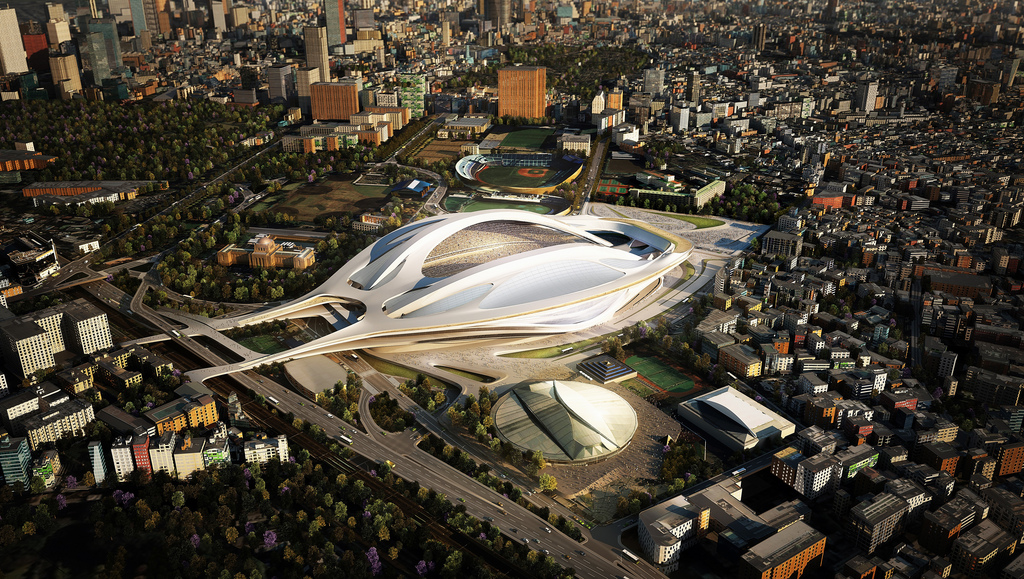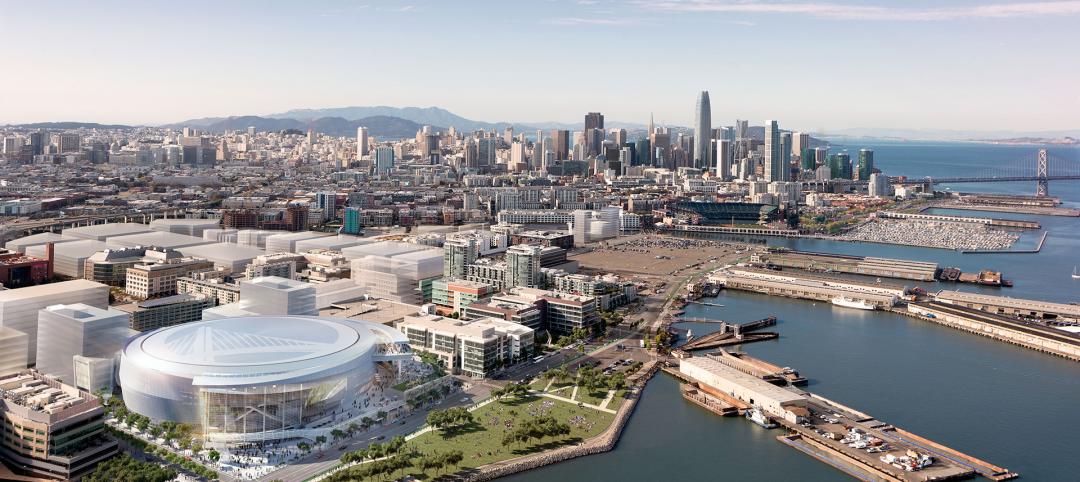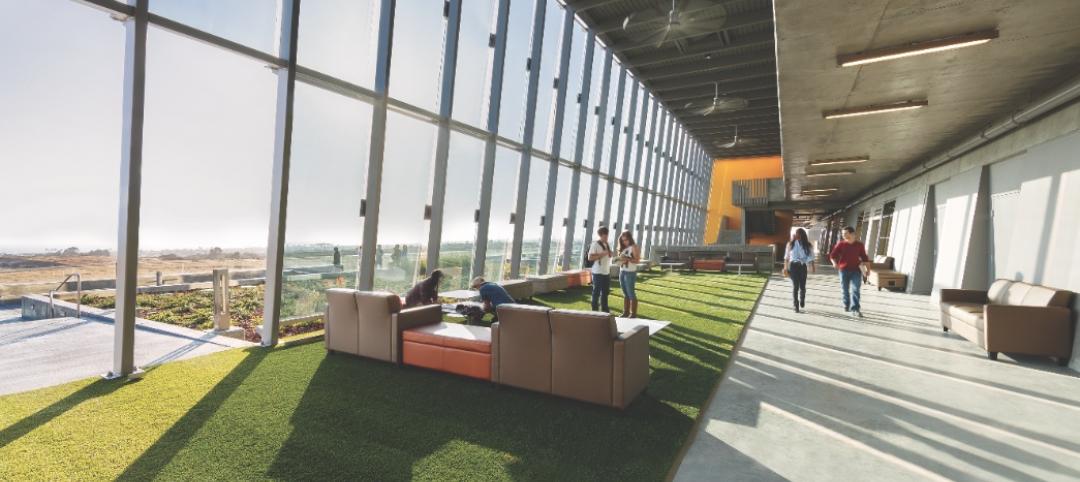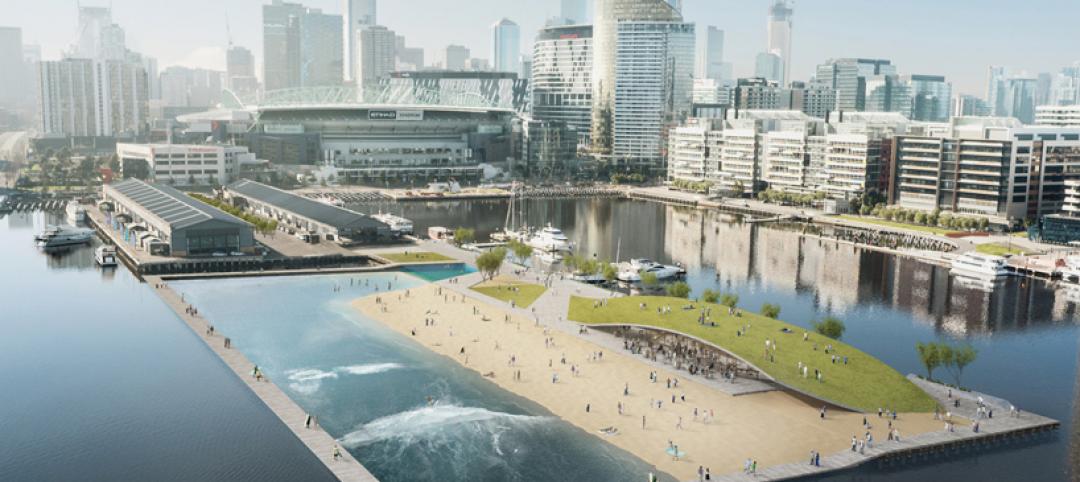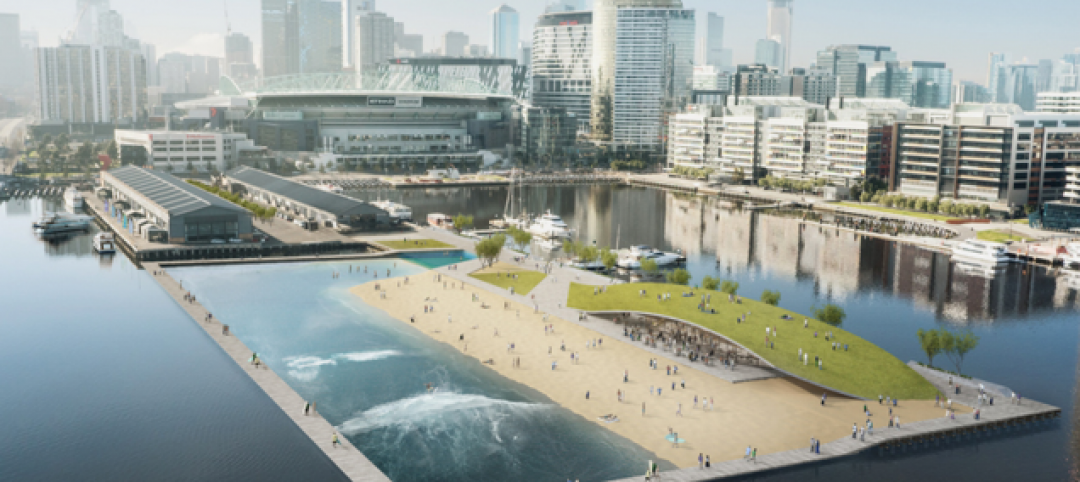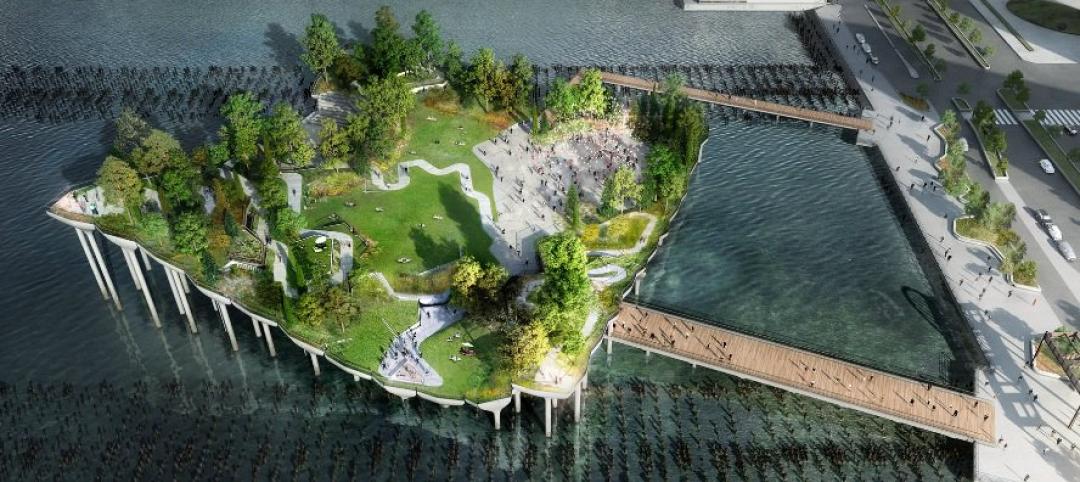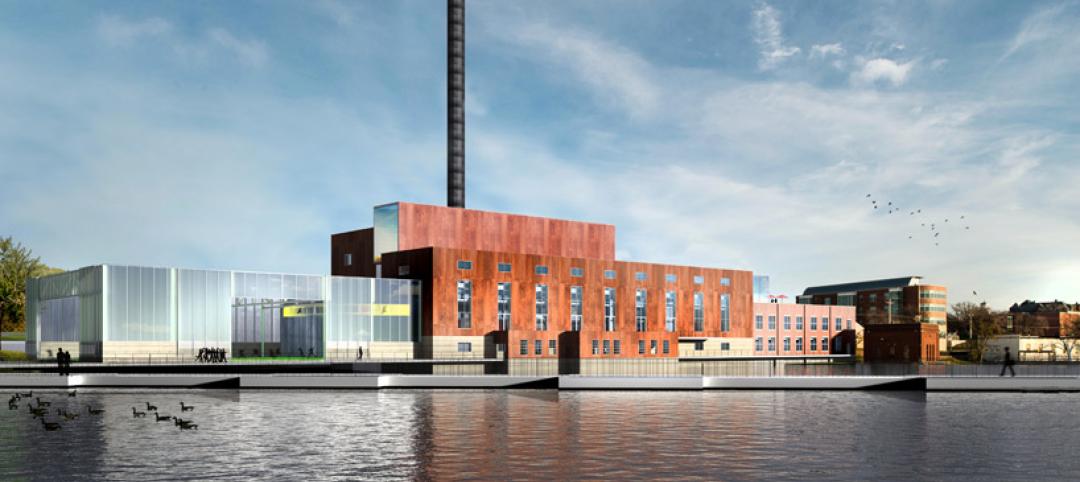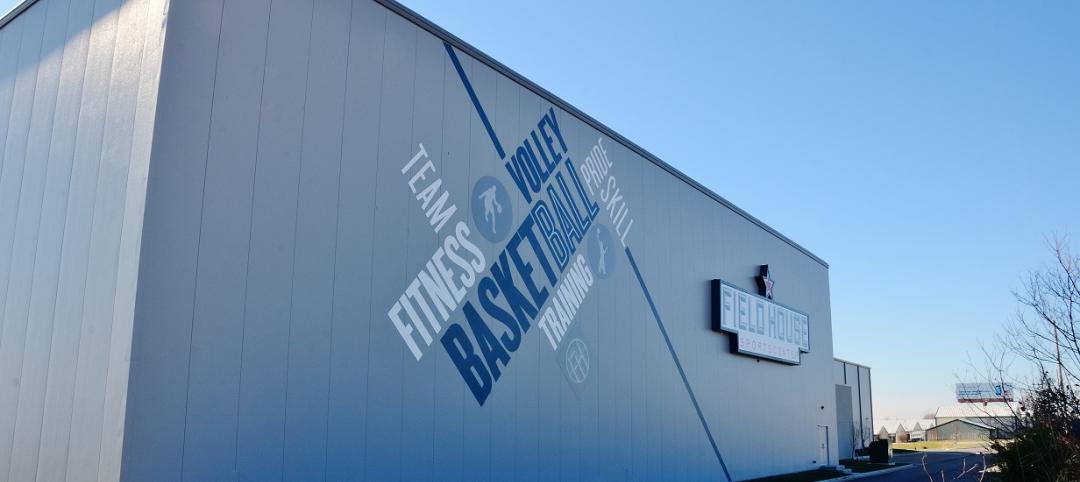Tokyo will have to find a new signature venue for the 2020 Olympics.
ArchDaily reports that Japan, led by Prime Minister Shinzo Abe, announced today that it is ditching its plans to build an 80,000-seat Olympic Stadium in the city. In 2012, Zaha Hadid's architecture firm, Zaha Hadid Architects, won the rights to design the bicycle helmet-shaped stadium.
The rising price tag was one of the downfalls of the 70-meter-tall, 290,000-sm stadium. In 2014, the cost of the project was 163 billion yen, but that rose to 252 billion yen this year—the equivalent of jumping from $1.3 billion to around $2 billion.
The project was riddled with revisions and delays, along with some serious design flaws. Even as recently as a month ago, Japan was still set on continuing with the stadium, citing that any modifications would lead to construction delays.
Critics said the stadium would have encroached on local green space, like the Jingu Outer Gardens, and would have put a financial strain on future generations. Two Pritzker laureates, Toyo Ito and Fumihiko Maki, created a petition that gained nearly 15,000 signatures to stop the construction of the stadium. Alternate proposals included retrofitting existing stadiums from the 1964 Olympics.
Abe said that despite abandoning the design, the stadium would be ready by 2020 for the Olympics and the Paralympics that year, but that it would not be ready for the 2019 Rugby World Cup.
Zaha Hadid Architects released a statement saying that a revamped project would be ready for the 2019 Rugby World Cup along with the Olympics, and that "it is absolutely right that the benefits and costs of the new National Stadium should be clearly and accurately communicated and understood by the public and decision-makers in Japan and we hope that this is one of the objectives of the review announced by the Prime Minister."
Related Stories
| Jan 2, 2015
Construction put in place enjoyed healthy gains in 2014
Construction consultant FMI foresees—with some caveats—continuing growth in the office, lodging, and manufacturing sectors. But funding uncertainties raise red flags in education and healthcare.
| Dec 30, 2014
A simplified arena concept for NBA’s Warriors creates interest
The Golden State Warriors, currently the team with the best record in the National Basketball Association, looks like it could finally get a new arena.
| Dec 28, 2014
AIA course: Enhancing interior comfort while improving overall building efficacy
Providing more comfortable conditions to building occupants has become a top priority in today’s interior designs. This course is worth 1.0 AIA LU/HSW.
| Dec 18, 2014
Top 10 sports facilities of 2014: Designboom ranks the year's best projects
The list includes some of the year's epic stadiums, such as World Cup Stadium Arena de Amazonia in Manaus, Brazil, and smaller projects, like the Spordtgebouw Sports Centerin the Netherlands.
| Nov 19, 2014
Must see: Arup, Damian Rogers propose urban surf park in Melbourne
The surfing pool would offer 98-foot-wide waves that would run the length of the 500-foot-long enclave.
| Nov 18, 2014
New tool helps developers, contractors identify geographic risk for construction
The new interactive tool from Aon Risk Solutions provides real-time updates pertaining to the risk climate of municipalities across the U.S.
| Nov 18, 2014
Fan of the High Line? Check out NYC's next public park plan (hint: it floats)
Backed by billionaire Barry Diller, the $170 million "floating park" is planned for the Hudson River, and will contain wooded areas and three performance venues.
| Nov 6, 2014
Studio Gang Architects will convert power plant into college recreation center
The century-old power plant will be converted into a recreation facility with a coffee shop, lounges, club rooms, a conference center, lecture hall, and theater, according to designboom.
Sponsored | | Nov 5, 2014
Welcome to sports central
The Fieldhouse Sportscenter in Springfield, Mo., serves as a community center for basketball and volleyball leagues and tournaments.


